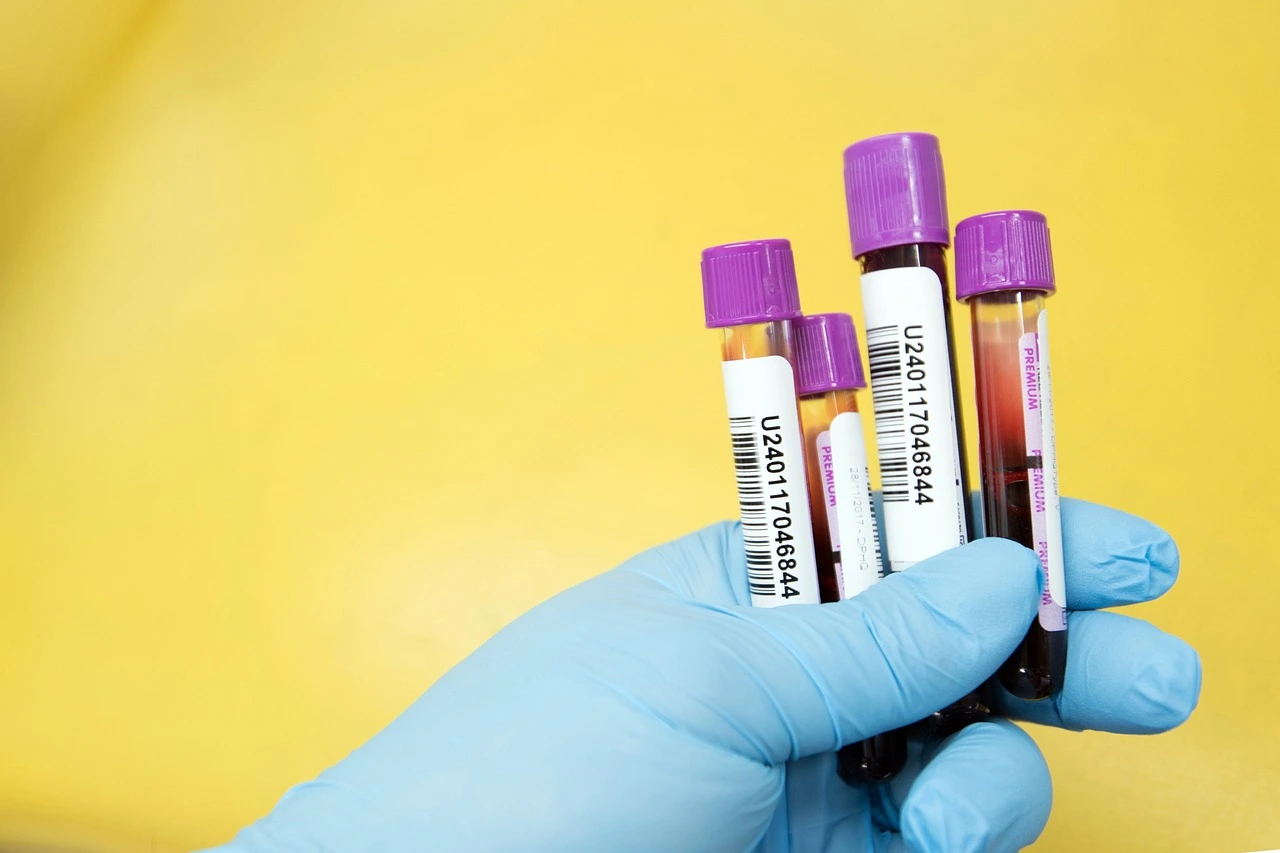Fasting Blood Sugar Test in Abu Dhabi
Elyzee Hospital is one of the best medical centers in Abu Dhabi specializing in Laboratory & Diagnostics.

Fasting Blood Sugar Test in Abu Dhabi
The Fasting Blood Sugar (FBS) test, also called the fasting glucose test, is an examination that measures the amount of glucose (sugar) in the bloodstream after a night of not eating. This test plays a role in evaluating blood sugar control and diagnosing diabetes and prediabetes. In this guide we explore the world of the Fasting Blood Sugar test. We discuss its advantages, identify candidates, explain the consultation and preparation process, describe the procedure itself, talk about what to consider after the test, outline the results, provide a concluding perspective and answer frequently asked questions. Our aim is to give you an understanding of this aspect of healthcare.
The benefits of this procedure
The Fasting Blood Sugar test provides advantages in the early identification and control of diabetes and prediabetes. By measuring blood glucose levels after abstaining from eating, healthcare professionals can identify individuals with blood sugar levels who may be prone to complications associated with diabetes. Detecting it early enables intervention through lifestyle changes and medication to manage blood sugar levels and prevent issues, like heart disease, kidney problems and nerve damage.

The best candidate for this procedure
The Fasting Blood Sugar test is recommended for a range of adults, including those who may have diabetes risk factors. This includes individuals with a family history of diabetes, people who’re obese or lead lifestyles and those experiencing symptoms like excessive thirst, frequent urination, unexplained weight loss or fatigue. Moreover individuals with known risk factors such as blood pressure or high cholesterol should regularly undergo blood sugar screening.
Consultation with a Doctor and Preparation for the Procedure
To get a Fasting Blood Sugar test you typically need to consult with a healthcare professional, like a care physician or an endocrinologist. During the consultation the healthcare provider will review your history, risk factors and any symptoms related to diabetes. Based on this evaluation they may suggest that you get an FBS test. To prepare for the test you’ll need to fast for 8-12 hours before getting your blood drawn. During this fasting period it is crucial to refrain from consuming any food or beverages except for water. It is advisable to inform your healthcare provider about any medications you are presently taking, as certain medications might have an impact on your blood sugar levels.
What's Happening During the Procedure
The Fasting Blood Sugar test involves a trained healthcare worker drawing blood from a vein in the arm to measure glucose levels. After the blood is gathered it is sent to a laboratory for examination. It’s crucial to refrain from eating anything to the blood sample being taken in order to obtain test results.
After the Procedure and Recovery
There is no time for recovery after undergoing the Fasting Blood Sugar test as it’s a simple and common procedure. After the blood is drawn individuals can go back to their routines. Eat or drink as they normally would. The laboratory examines the blood sample. In a few days you’ll have the results ready. It’s crucial to follow up with your healthcare provider to go over the test results and get guidance on managing your blood sugar levels if necessary.
Final Result
The Fasting Blood Sugar test is used to determine the glucose levels in the blood. Typically fasting blood sugar levels should fall between 70 and 100 milligrams, per deciliter (mg/dL). If your fasting blood sugar levels are elevated it could indicate a possibility of having prediabetes or diabetes. A healthcare professional will analyze the results. Recommend actions, which may include making lifestyle changes such as adjusting your diet, being physically active or taking medication.
Conclusion
The Fasting Blood Sugar test is a measure for evaluating blood sugar management, detecting diabetes or prediabetes and avoiding complications. Consistent screening and timely intervention are factors in maintaining well being and minimizing the chances of diabetes related issues.

FAQ
The frequency at which fasting blood sugar tests should be done depends on each person’s risk factors and medical history. As a guideline it is recommended that adults have their fasting blood sugar tested, at once every three years. However individuals with risk factors or symptoms may need frequent testing.
Typical signs may involve feeling more thirsty, needing to urinate, losing weight without explanation, feeling tired and having vision. It’s important to keep in mind that certain people with blood sugar levels might not have any symptoms.
Certainly the levels of blood sugar during fasting can be influenced by factors like diet, physical activity and stress. To ensure results it is crucial to adhere to the fasting guidelines given by your healthcare provider and maintain a fasting duration prior to the test.
Make An Appointment

